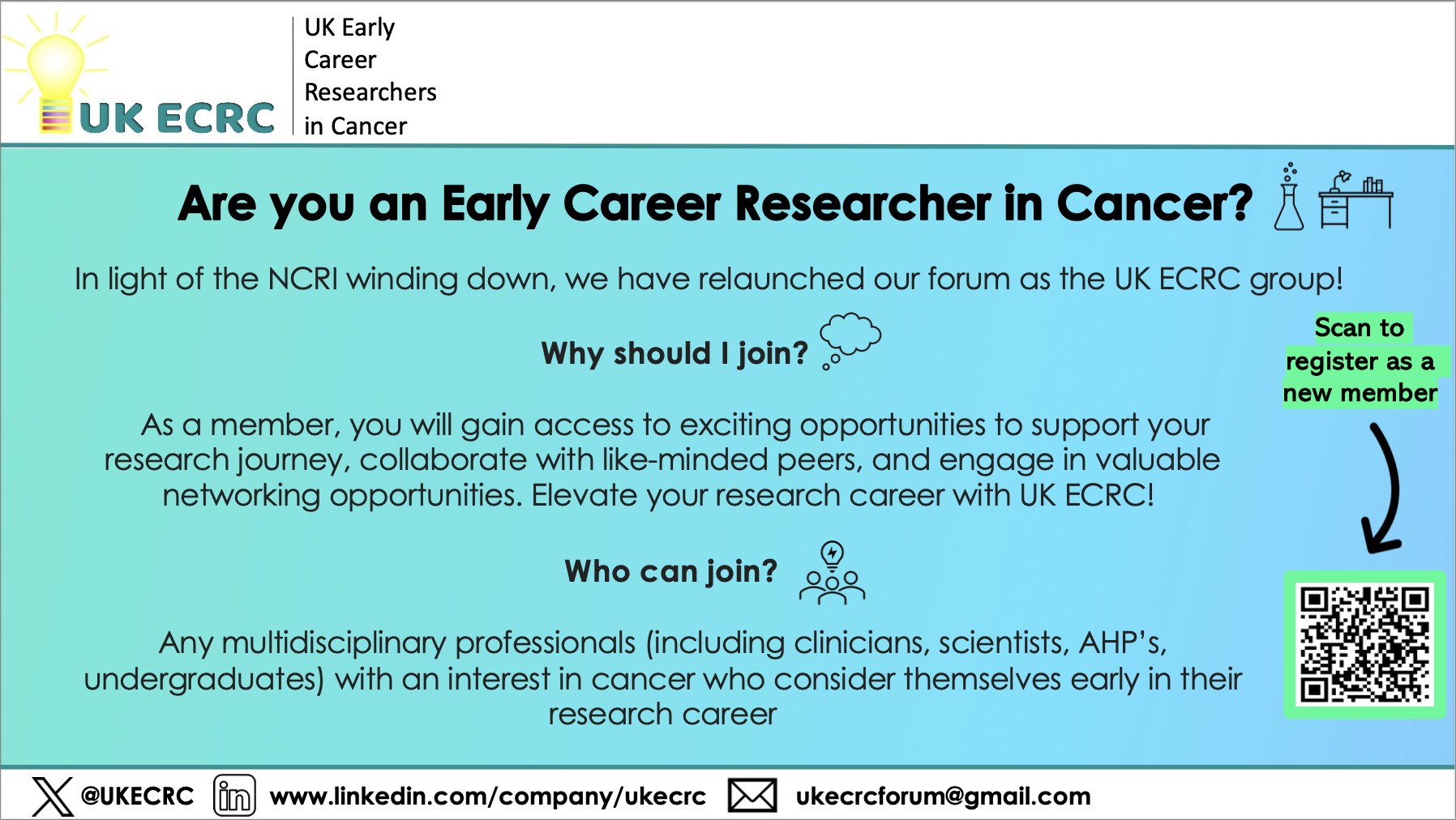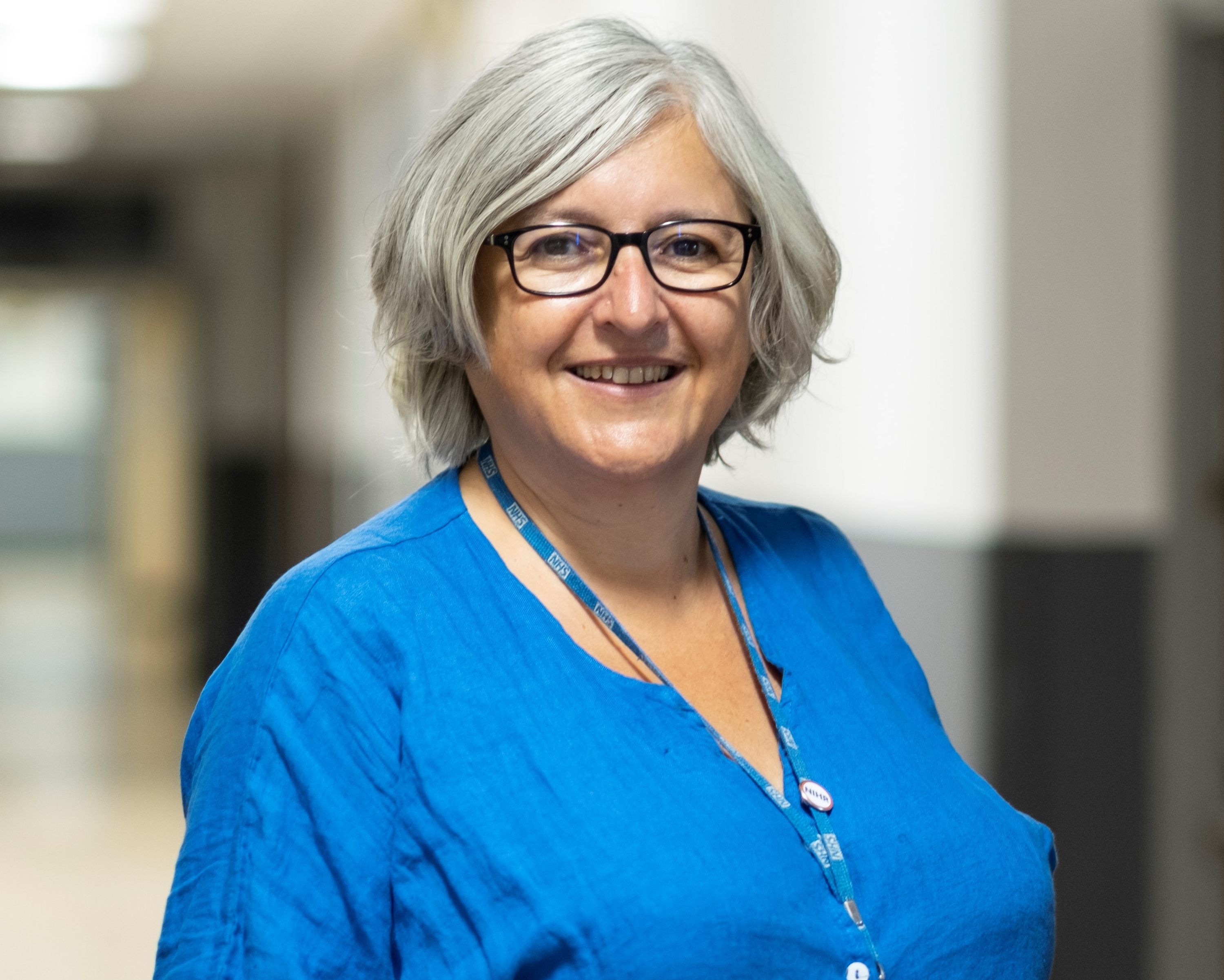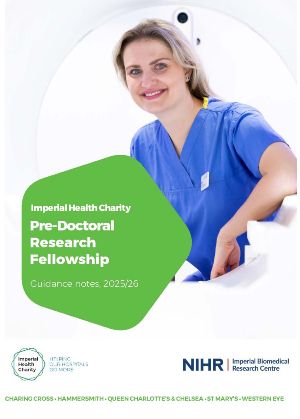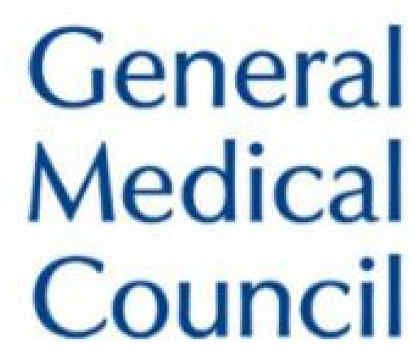We’ve collated below a list of helpful resources and websites that you might find useful as you progress through your clinical academic career.
We’ve split our list up into suggested areas, but all of the resources are open to everyone so do take a look through the lists to find the resources you are interested in.
Alongside the support and resources shown below, there are also a range of events and training courses to support you and your development nationally. You can find information about Incubator events that are currently open for registration on our events page.
NIHR Specific Support
- The NIHR Research Support Service
- NIHR Imaging Group
- Building a Research Career handbook
- Doctoral Research Training Camp
- New online courses to help support research careers
- NIHR CRN Good Clinical Practice (GCP) courses
The Research Support Service
The NIHR funded Research Support Service (RSS) provides design and methodological support to health and social care researchers to develop grant applications to the NIHR and other peer-reviewed funding programmes. The RSS will provide researchers - especially if you're applying for, and are in receipt of NIHR funding - with free access to support, advice and expertise, and will help develop and deliver your clinical and applied health and care research. Further information is available on the RSS website.
The NIHR recognises the importance of imaging and is working towards building research capacity and capability in this area. The NIHR is working with patients, health and care professionals, researchers and industry to accelerate the development, evaluation and clinical translation of novel imaging science and ensure that the significant innovations in imaging bring benefits to patients.
On this page you can learn about some of the initiatives that the NIHR is leading and supporting and find support and resources that could help you and your research.
The NIHR Imaging Group has been established to support and coordinate this activity by:
- collaborating with key national partners, including UKRI, the major medical research charities and patient groups
- working with NIHR-funded imaging researchers, patients and key stakeholders to develop a strong NIHR multidisciplinary community of practice for imaging research
- ensuring that NIHR makes a visible, coordinated and effective contribution to scientific advances in imaging, including the development, application and evaluation of Artificial Intelligence (AI)
- supporting the development of the imaging research workforce, with a particular focus on those working in the NHS
- improving the delivery of primary imaging research in the NHS
- strengthening partnerships with industry
This guide has been designed by the NIHR to assist both aspiring clinical academics and their managers to make the most of the opportunities that exist through Health Education England (HEE) and the NIHR.
The handbook aims to support health care professionals to combine clinical activity with patient-focused research. In particular, it will be of interest to Radiographers applying for NIHR personal awards. It also aims to help clinicians who are interested in becoming involved in research, but do not know where to begin.
This highly regarded 3-day annual event is delivered by the NIHR Infrastructure Team. The Training Camp provides participants with a unique opportunity to develop key research skills and the chance to mix with people from different research backgrounds and levels of expertise. The Incubator team coordinates nominations and selection of research staff to receive free places to attend. The Training Camp usually takes place in July and the call for nominations is made in March/April of each year.
Designed by the NIHR Nursing and Midwifery Incubator, free online courses have been launched to attract and support health and social care professionals into research careers. They aim to help individuals take the next step in their research careers.
The masterclass is hosted by the FutureNHS platform. They comprise 5 modules which are suitable for those new to research and those more experienced. It features examples of:
- real-world career journeys
- online discussion forums
- case studies
Participants can study at their own pace, and interact with others on forums. The masterclass has been based on material created in 2019 for nurses and midwives which has been updated. It is suitable for all health and care professionals looking to improve their knowledge and skills. It will also help them apply for funding, including NIHR Academy programmes.
GCP is an international, ethical and scientific quality standard for the design, conduct and recording of research involving humans.
Comprised of 13 core principles, GCP applies to all clinical investigations that could affect the safety and well-being of human participants (in particular, clinical trials of medicinal products). For further information about GCP, please visit the GCP Courses page on the NIHR site.
The NIHR offers 2 types of GCP training courses - eLearning and face to face, both courses are bookable online.
Other Support
- The College of Radiographers
- The Centre for Advancing Practice - Multi-professional Practice-based Research Capabilities Framework
- Get Research Ready learning platform
- Clinical Research Training Framework
The College of Radiographers (CoR) provides support and grants for those interested in research. You can find more information on their website but the following two documents are particularly helpful:
- The Education and Career Framework (ECF) provides guidance for the education and career development of the radiography profession. It defines the various levels of radiography practice and the educational standards related to each of them.
- Getting into Research: A Guide for Members of the Society of Radiographers is a research starter pack providing a good starting point for any member wishing to get into research. The purpose of this guide is to provide an aid and support mechanism for members, and to enable their roles in research. It will be valuable for SoR members interested in embedding research activities into their roles, and for those taking the first steps towards developing a clinical academic career.
Launched in 2024, the Multi-professional Practice-based Research Capabilities Framework has been developed to clearly outline how practitioners can get involved in health and care research.
The Framework breaks down the development of research-related knowledge and, skills in a way that supports practitioners to steadily develop them over time. This will allow them to not only use research, but to play a important role in delivering research and developing the evidence underpinning practice. It sets out the fundamental, or core, research capabilities expected of all practice-based health and care professionals. It supports the ambition that engaging in, and with, research becomes every health and care professional’s business, making research part of everyday practice.
The purpose of the Multi-professional Practice-based Research Capabilities Framework is to:
- facilitate transformation of health and care service delivery
- enhance outcomes and experiences of individuals and communities
- support health and care professionals to engage in, and with, research
This interactive learning platform - developed by National Institute for Health Research (NIHR) partners in Kent, Surrey and Sussex - but relevant to all regions, has been designed to enable early career researchers to explore research within health and social care.
The platform cover three levels:
- Understanding research - For those at the very beginning of their research journey, who want to find out more about research, this section covers the structures in which clinical research is undertaken in the UK, and the basics of how clinical trials are administered.
- Getting involved in research - For those looking for ways to get involved with research, this section covers how to increase confidence in understanding and implementing evidence, training and resources to develop as researchers and introduces some of the clinical research pathways that exist.
- Developing your own research - For those who have their own research ideas that they'd like to develop, this section covers topics like how to go from an idea to a written protocol, apply for funding, ethics and gaining relevant permissions and develop a research career.
The Imperial College Academic Health Science Centre at Imperial has developed the Clinical Research Training Framework (CRTF) to develop the skills that a clinician of any professional background requires in order to support clinical research. We have adapted this framework for to make it specific for Radiographers.
The CRTF is a great starting point for understanding the knowledge, skills and competencies required of clinical researchers. It suggests ideas of how you can go about achieving these skills and also contains a self-reflection logbook that can be completed in exchange for certification.
You can find out more and receive a copy of the CRTF here.
Other useful websites and resources
- Research Engagement Toolkit
- Chain Network
- UK Early Career Researchers in Cancer (ECRC)
- Vitae: Careers Research and Advisory Centre
- Health Research Authority – HRA
This toolkit, produced by the Royal College of Physicians with support from the NIHR aims to provide information for physicians to help them get engaged in research in lots of different ways. Although produced for physicians, much of the information and guidance is useful for all healthcare professions. It includes an overview of research options, research career pathways and case studies/resources.
The CHAIN Network for Nurses, Midwives and Allied Health Professionals in Clinical Academic Research
CHAIN - Contact, Help, Advice and Information Network - is an online mutual support network for people working in health and social care. It gives people a simple and informal way of contacting each other to exchange ideas and share knowledge. The aim is to encourage greater linkage across the nursing, midwifery and AHP communities to promote clinical academic research and to help and support those wanting to apply for awards and sources of research funding. Find out further information at the CHAIN website.
Are you an Early Career Researcher in Cancer? Become a member of UK ECRC today and they will support you in your early research career!

Vitae is the global leader in supporting the professional development of researchers, experienced in working with institutions as they strive for research excellence, innovation and impact.
Please visit the Vitae website for more information.
The HRA website provides useful information about planning research, ethics applications and runs research approvals.
HRA Approval brings together the HRA's assessment of governance and legal compliance with the independent ethical opinion by a Research Ethics Committee (REC). HRA Approval is for all project based research involving the NHS and Health and Social Care (HSC) that is being led from England.
Useful links
Contact us
The CATO Team and Radiographers Incubator work on a Hybrid model, combining days in the office with days working from home – the best way to reach us is by email.
cato@imperial.ac.uk
radresearch@imperial.ac.uk
+44 (0)20 3313 7397



